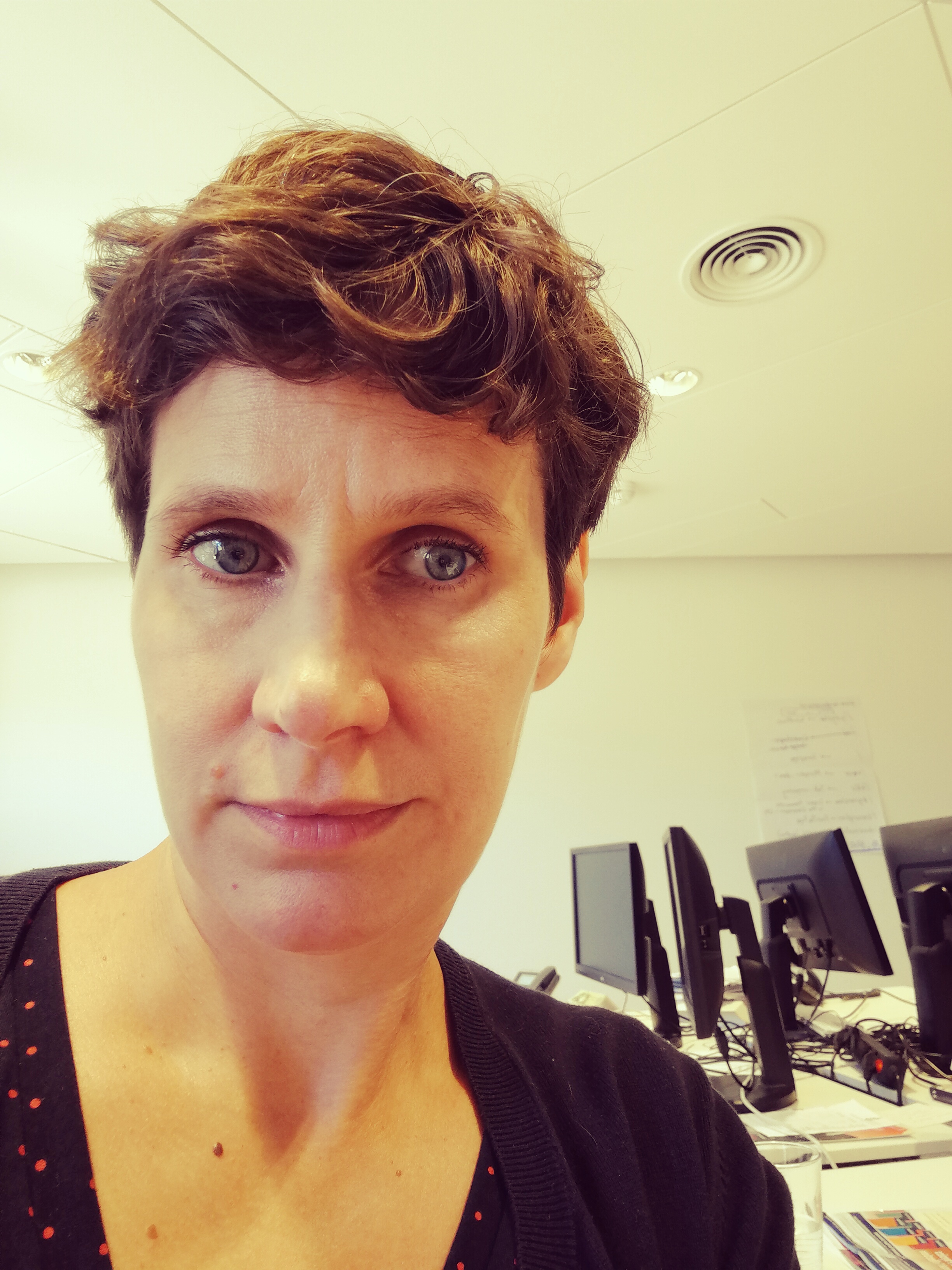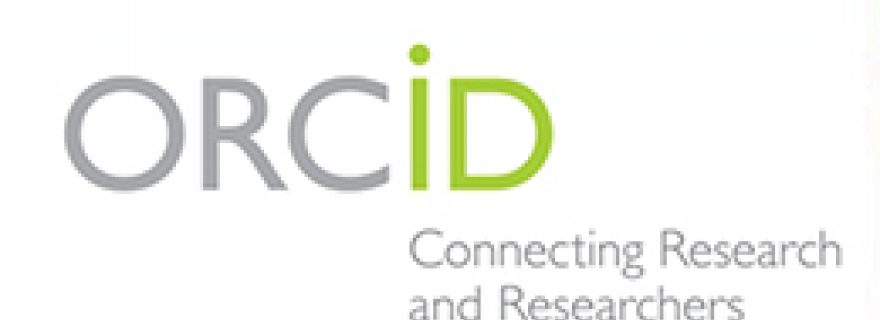My experiences as an ‘ORCID peddler’ so far
Last Spring our ORCID project team was joined by Klawa Koppenol, who was to undertake the task of approaching researchers and convince them that they needed an ORCID. Today she shares her experiences and the objections she encountered 'in the field'.
Last Spring our ORCID project team was joined by Klawa Koppenol, who was to undertake the task of approaching researchers and convince them that they needed an ORCID. In today's post Klawa shares her experiences and the objections she encountered 'in the field'.
My experiences as an ‘ORCID peddler’ so far.
Klawa Koppenol, project officer at CDS

For the past four months, I have been working at the Centre for Digital Scholarship as a project officer for two days a week. It is my specific task to communicate with Leiden researchers about ORCID. I send emails to individuals, pointing out the advantages of the system, explaining how to set up an account and to enable the various functionalities, offering help in doing so. Also, I knock on the doors of those researchers who haven’t registered yet, in order to encourage them to do so on the spot (almost always with a positive result). In return I have been treated to inspiring talks and lots of interesting facts on many various subjects, such as the specific difficulties in digitizing anthropological research data, city planning according to philosophical concepts in the Ancient World and the miraculous comeback of printed books. The possibility of talking to members of the academic community and learning about their fascinating work were actually the main incentives for me to take on the job.
My pop-up visits haven’t been welcomed by everyone at all times, though. Especially in the months of May and June, most academicians were just too much taken up by their grading duties to be able to direct their time and attention to anything else. The request to register into some new re
search management system was felt by many to be yet another bureaucratic measure to be subjected to. After the holiday season I hope to find well rested researchers with a willing ear for my little ORCID-pitch, as working with this system can actually help in reducing the workload. It takes just a bit of time to get acquainted with the system and its purposes, but the actual process of registration and enabling the various functionalities (most importantly, establishing and activating a link between ORCID and LUCRIS) takes only a few minutes.
What I like to underline during my visits is that ORCID is a not-for-profit organization, coming from the library and publishing world. To meet the administrative challenges and problems accompanying academic publishing requirements, ORCID developed a 16-digit unique identifier which enables each researcher to be easily and correctly identified in datasets and repositories. This means that machines can do (a great) part of the administrative duties that come with submitting articles, research papers, and other scientific output. For instance, academic publishers put all of the metadata (author, article title, journal title, date, publishing date, in many cases a link to a pdf version of the article, etc.) of accepted articles in databases, which in themselves become valuable repositories for finding research materials. ORCID makes it easy to search through these repositories with an ORCID-id. By establishing links between your individual ORCID-account and these databases (e.g. Scopus, DataCite or CrossRef), you can add information on your publications to your record, just by clicking a button. It is also possible to establish a link between ORCID and LUCRIS, which enables all data in your LUCRIS-account to be easily transferred to your ORCID-account. Tip of the veil: starting this fall, it will also work the other way round! As ORCID is very user friendly and flexible, I hope that this new functionality will be helpful in overcoming some of the frustrations that seem to come with having to work with LUCRIS.
In short: ORCID is a useful, timesaving tool in handling your articles and other results of your work. It allows you to register educational materials and datasets as well, thus increasing the scope of your academic output. By establishing the link between your ORCID-account and the various repositories upheld by publishers, it becomes easy to fill your own record with information on your work, enhancing open acces to it as well. Although it takes little effort to register and set up your account, my colleagues and me will be happy to help you to get on your way. Just e-mail us at cds@library.leidenuniv.nl!




